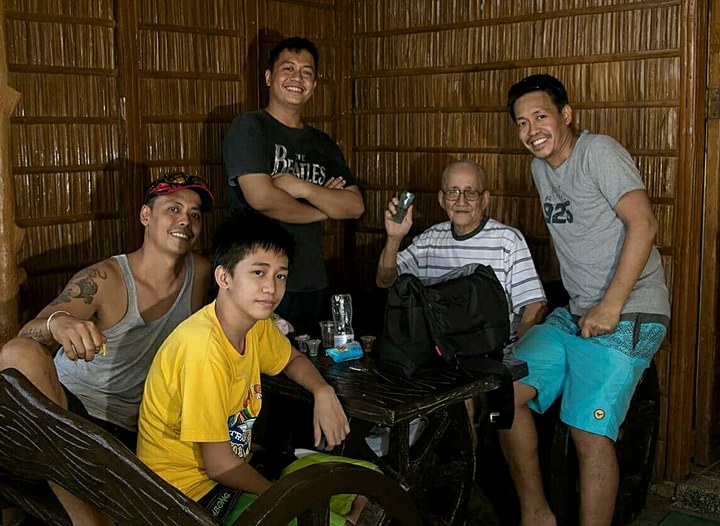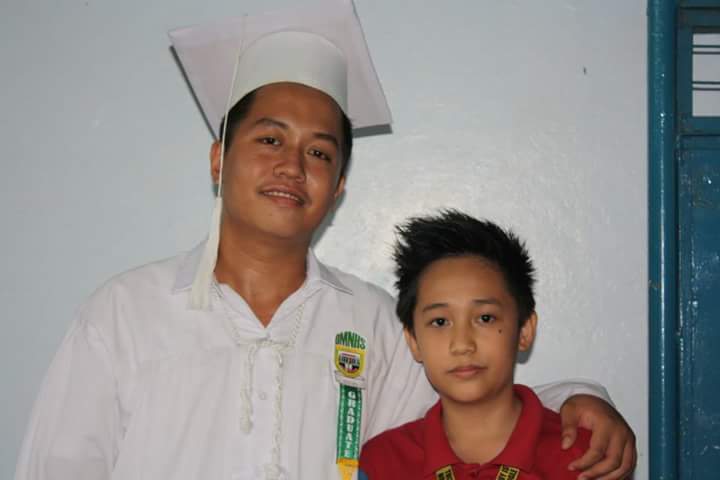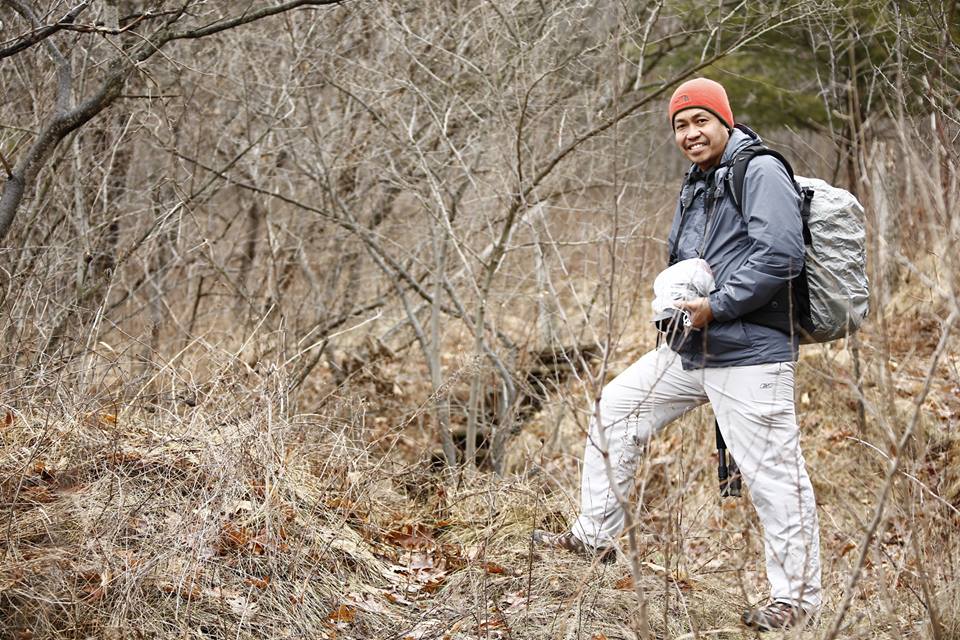Being a single father from far away
Brothers Kim Lian and Matthew Rafael, a few months after their father immigrated to Canada. CONTRIBUTED
“WELCOME to Canada,” the immigration officer smiled and handed back the passport to John Lopez.
As he stepped out of the airport, inhaling the air, John knew that a new life awaited him and his family.
It was March 2013 when he arrived in Winnipeg, Manitoba. The winter season lingered until the end of May. Somehow, he knew spring was coming.
Although he had long known that he was leaving Canada, John still felt a little sad and lonely. “I was just made a grandfather by my eldest son who was just 16. I really had to leave to give them a much better and secure life,” John, 43, recalls.
Better life
John was a small-scale entrepreneur managing his store, Sigu, in the Philippines. He was a retailer and also made hiking sandals, backpacks and outdoor equipment. After some time, he went to Thailand to teach, but came back after a couple of years to work in a call center. Later, he returned to his retail business.
As a single father, John knew that it would be difficult to raise his two sons, Kim Lian, now 20, and Matthew Rafael, 16, if he remained in the Philippines.
“We could get by. But there are things you want to give your children, which are far better than you have got,” John explains.
Waiting game
When the Province of Manitoba, Canada, opened up for skilled immigrants, John decided to apply under the Provincial Nominee Program. A relative sponsored him. Fortunately his skill in retail was in the NOC list (National Occupation List).
“It took three months for the approval, and as soon as I received it I gathered all the necessary documents which took almost five months. Then all the documents and application forms were sent to the Canadian Embassy Dropbox,” he recounts.
After six months, John’s documents were approved. He was asked by the Canadian Embassy to undergo a medical examination. According to him, if the Embassy asks for a medical examination that could mean a 90 percent visa approval.
With negative results in all the listed diseases, John was given a health clearance, which was submitted to the Embassy. Another two months passed before his passport was stamped with an immigrant visa in March. An immigrant visa holder must leave the country quickly as it expires within a month.
There are two entry points for new immigrants in Canada — Toronto and Vancouver. “It was brisk for me. No questions asked when I showed my documents,” John shares.
Settling in
John temporarily stayed with his sponsor while job-hunting. He recalls walking in knee-deep snow while looking for jobs.
“My first job was as a merchandiser in an Asian store. I just handed them my resume and after three days they called me and I was interviewed and started working,” John says.
After gaining experience, he found a job in a bacon plant as a scaler. He also does free-lance photography in his spare time.
Fathering from afar
Keeping communication through different time zones is a challenge to families separated by migration. Yet, for John staying late up night after work just to catch up with his sons does not matter.
“The most difficult part of being a migrant father is when they need you most and you are far from them and all you can do is talk to them, chat with them and explain everything that all you are doing is for them. It’s very hard often times when they ask if I could go home as if I could be there in an instant,” John laments.
When John was in the Philippines, he also worked in Manila while his sons were in the province. When Kim got a woman pregnant at an early age, John was devastated. But as a father he partly blamed himself.
“I felt that I failed him. I should have guided him more; I should have been there physically at times they needed me most,” he says.
“I wanted to be angry but it all happened. All I could do was to guide him where he was at that moment,” John continues.

The Lopezes, from left, Matthew Rafael, Carlo (John’s brother) Kim Lian, John’s father and John during his recent vacation in the Philippines. CONTRIBUTED
In January 2013, John’s granddaughter was born.
“Now, I’m very proud of him (Kim) for what he has become and what will he be in the future. He’s so very responsible now, a very changed man,” John says.
John has only a two-week vacation each year. He saves it so he can go for home for a month’s vacation. The application process for the immigration of his sons is ongoing.
Fatherhood has a new meaning for migrant fathers.
“Migrant fathers must be more patient with their kids. Kids are way too different than before. We have to be there to guide them and remind them of things. Be like a ‘barkada.’ Since we are far, open communication and trust must be always present,” John concludes.
He says further: “We go abroad so we can give our children a better future. We don’t like this. We don’t want to be far from them, but sometimes we need to leave today so we can be together tomorrow, in better times. All we ask is for understanding and openness.”



